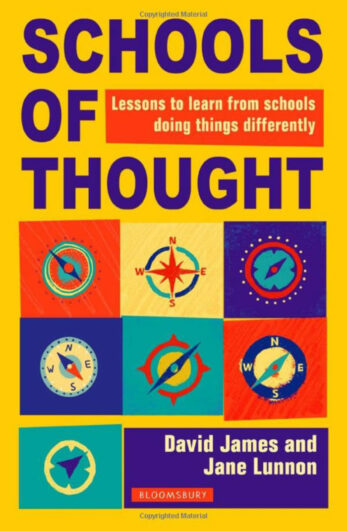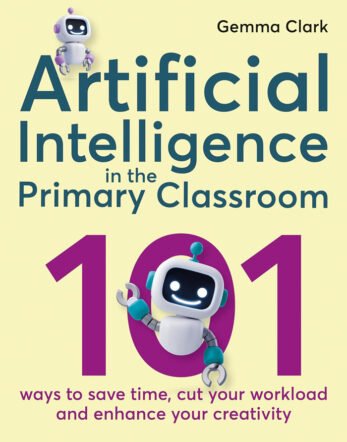All the research reviewed was published in Educational Psychology, volume 35, issue 1, 2015
Research: Coping strategies at ages 8, 10 and 12
Authors: Aniko Zsolnai, Laszlo Kasik and Gabor Braunitzer
In recent debates about character and resilience, another, less macho, word has been forgotten: coping. Children don’t always need to bolsh through life. It is possible for them to “just cope”. But how? This study looked at the coping strategies of 8, 10 and 12-year-olds in Hungary in frustrating situations – either for themselves or peers. The authors create a questionnaire for assessing students, looking for “observable strategies” such as physical or verbal aggression, crying, teacher-seeking and peer-seeking.
The researchers found that overt aggression increases with age as a mechanism for coping. No findings are available for why this might be in the study, but one idea could be that as passive strategies fail to get the recognition desired, children move towards more directly assaulting strategies. This makes sense. If crying is considered wimpish after a certain age then a child might well try an alternative approach.
Research: Do teachers’ perceptions of children’s math and reading-related ability and effort predict children’s self-concept of ability in math and reading?
Authors: Katja Upadyaya and Jacquelynne Eccles
I think, therefore I am. Descartes wasn’t on about primary school pupils when he came up with this philosophical maxim, but perhaps he ought to have been.
The study considers whether primary school teachers’ perceptions of their students’ abilities and efforts predicts changes in children’s self concepts about their own reading and maths ability. Following three cohorts of reception-aged children for four years, the US researchers measured the children each year on performance, ability and self concept, and teachers rated the children’s ability and efforts.
Results show that the perceptions teachers had of student abilities predicted the child’s self-concept. That is, if a teacher thinks you are rubbish at maths, you probably also think you are rubbish at maths. Teacher effort perceptions, however, didn’t seem to predict much (only self-concept of maths in one of the year groups). How hard the teacher thinks children are trying just doesn’t break through into their own confidence, apparently.
Research: Discipline social identification, study norms and learning approach in university students
Authors: Lillian Smyth, Kenneth I. Mavor, Michael J. Platow, Diana M. Grace and Katherine J. Reynolds
Most people believe in a “peer effect” – that is, that a child’s friends will influence how they do at school, either because children will copy behaviour or will learn from a smarter friend. But it is also possible that approaches to a specific subject also have penetrating effects among peer groups.
This research looks at Australian university students, not school pupils, but its exploration of the “norms” within the subject they chose to study is relevant to secondary school teachers – where “subjects” come to the fore in prominence. Students were asked about the extent to which they identified with their discipline, what the peer norms were for studying the subject, and what their own learning approach was. So, an example could be: as an “art” student do you identify as an artist? What are the normal approaches people have in this subject? How similarly do you learn about this subject?
The results showed that people tended to act how they felt they ought to in their subject, particularly if they identified heavily with the subject. Hence, learning approaches are not just affected by our self-concepts but also discipline-related norms and how we relate them to ourselves.







Your thoughts